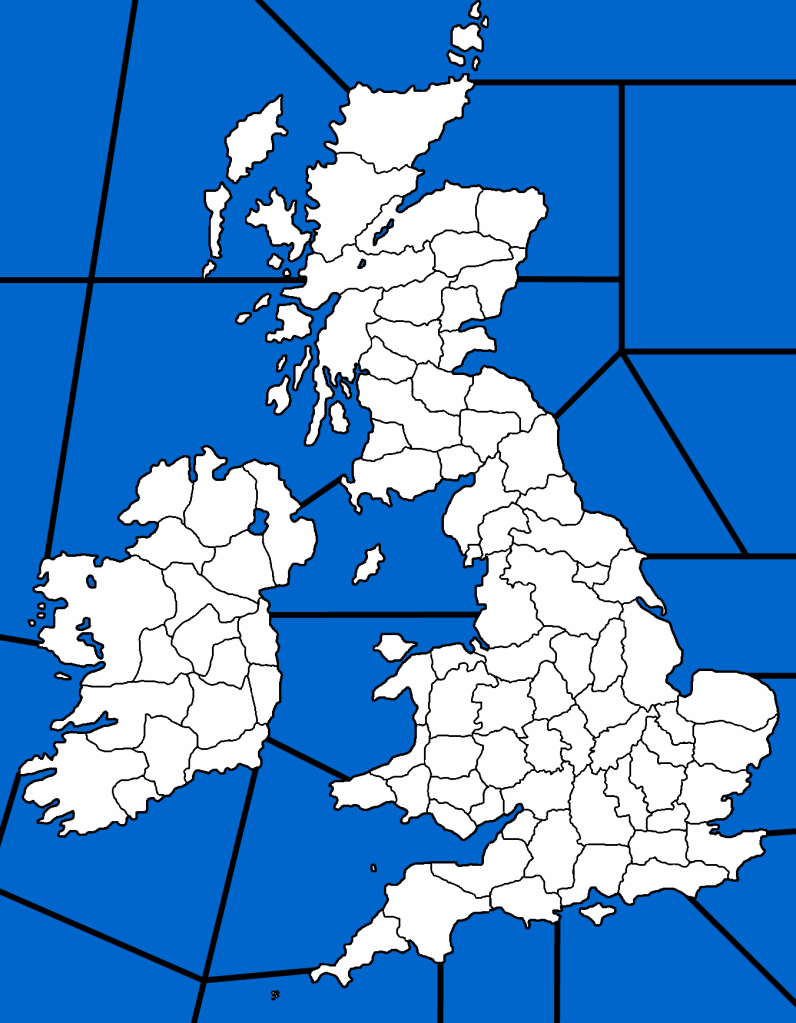CELTICEMPIRE
Zulu Conqueror
Also: I would recommend making an actual map for it, Celtic. That'll make it easier to manage. You can keep track of it and pop into the scenario to see the stats for any nation.
I'm working on that.
Also: I would recommend making an actual map for it, Celtic. That'll make it easier to manage. You can keep track of it and pop into the scenario to see the stats for any nation.
If it's not bogged down with all the tedious mechanics the latest slew have been, I'll consider it.I was considering making an IOT entitled Imperium Offtopicum: Red October.
...
Its in the very early planning stages, and I was just wondering whether there would be an interest in such a game.
I think a good way to measure mechanics' and players' tolerance for them is a look at the various games. Sons of Mars and IM had fairly high signups but lots of people dropped out(only to appear in another game!) so those are too complex.
/the fox cries

What the heck is a malus?
Certain cities like London should get higher incomes...
Seems nice and easy to get into, although I agree that some provinces should be higher-income to bring in some action. On the other hand, you'll have to find a way to make sure a player doesn't start with one of those, or maybe even make it so the player has to start with one of those, kind of like a capital city.
Well one side could be the current monarch, who controls London, and the others are the various nobles interesting in becoming King.

If it's not bogged down with all the tedious mechanics the latest slew have been, I'll consider it.
I've been away from IOT-land for a while - anyone care to tell me which ones are running right now, or will start soon?
Basically, the less numbers I have to keep track of, the happier I am. If I want to play a full-fledged TBS, I have buckets of computer games that'll make the calculations faster.Can you explain what you mean by "tedious mechanics"?
